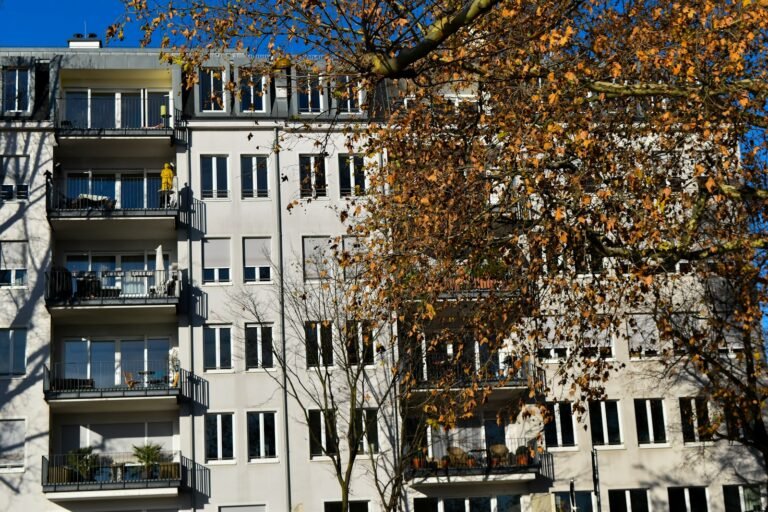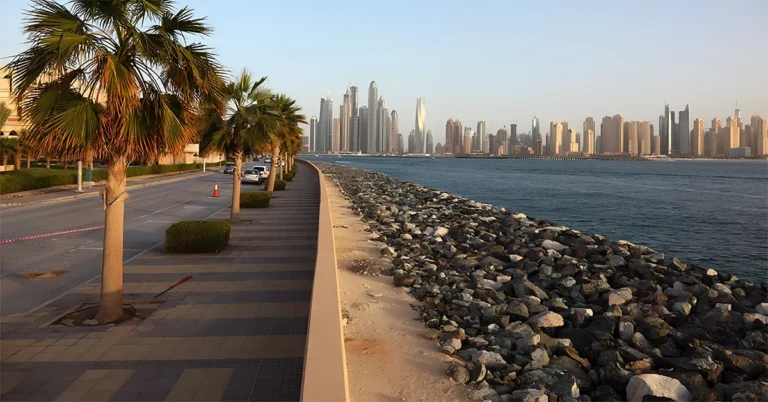Buying property in Dubai can be an exciting opportunity, but it’s important to understand the legal side before making such a big investment. This guide will walk you through the key Dubai property laws and real estate regulations you need to know. Whether you’re a first-time buyer or an experienced investor, this buying property legal guide will help you navigate the process safely and confidently.
Who Can Own Property in Dubai?
One of the first things to understand is who can buy property in Dubai. The good news is that foreign investors can own property in certain areas called “freehold zones.” These are special areas where non-UAE citizens can buy property with full ownership rights. Some popular freehold areas include:
In other parts of Dubai, foreigners can only lease property for up to 99 years. Always check if the area you’re interested in is freehold before buying.
Important Laws and Regulations
Dubai has clear real estate regulations to protect both buyers and sellers. The main law governing property is Law No. 7 of 2006, which established the Real Estate Regulatory Agency (RERA). RERA makes sure all real estate transactions are fair and transparent.
Here are some key rules to remember:
- Registration Requirement: All property sales must be registered with the Dubai Land Department (DLD). This is how the government keeps track of who owns what.
- Agent Licensing: Real estate agents must be registered with RERA. Always ask to see an agent’s RERA card before working with them.
- Developer Rules: Property developers must follow strict guidelines and keep funds in special escrow accounts to protect buyers.
- Dispute Resolution: If there’s a problem, you can go to the Dubai Real Estate Disputes Center for help.
Step-by-Step Buying Process
Understanding the legal steps to buy property in Dubai will help you avoid mistakes. Here’s how the process typically works:
1. Choose Your Property
Take your time to find the right property. Visit different options, check the neighborhood, and compare prices. Make sure the property is in a freehold area if you want full ownership.
2. Do Your Due Diligence
This is one of the most important steps. You’ll want to:
- Check that the seller owns the property
- Look for any outstanding loans or debts on the property
- Verify that all building fees are up to date
- Confirm there are no legal disputes about the property
A good real estate agent or lawyer can help with these checks.
3. Sign a Memorandum of Understanding (MOU)
Once you’re ready to buy, you and the seller will sign an MOU. This document outlines the key terms of the deal, including:
- The agreed price
- Payment schedule
- Any conditions (like getting a mortgage approved)
- What happens if either party backs out
You’ll usually pay a deposit (often 10% of the price) at this stage.
4. Finalize the Sale at the Dubai Land Department
The official sale happens at the DLD. Here’s what to expect:
- Both buyer and seller (or their representatives) must be present
- You’ll sign the final sales contract
- You’ll pay the remaining balance (unless getting a mortgage)
- The property will be registered in your name
- You’ll pay the 4% transfer fee (based on the property price)
After this, you’ll receive the title deed, which proves you own the property.

Important Fees and Costs
When budgeting for your property purchase, don’t forget these extra costs:
- Dubai Land Department Transfer Fee: 4% of the property price (usually split between buyer and seller)
- Agent Commission: Typically 2% of the purchase price
- Mortgage Registration Fee: 0.25% of the loan amount (if you’re getting financing)
- Property Registration Fee: AED 580
- Knowledge Fee: AED 2,000
There may also be maintenance fees, connection charges for utilities, and other small costs.
Getting a Mortgage as a Foreigner
Many foreign buyers need financing to purchase property in Dubai. Here’s what you should know:
- Most banks will lend up to 75% of the property value to foreigners
- You’ll need proof of income (usually at least AED 15,000-20,000 per month)
- Interest rates are typically between 4 and 6%
- Loan terms can go up to 25 years
The mortgage process usually takes 4-6 weeks. Your bank will need documents like:
- Passport copies
- Proof of income (salary certificates or bank statements)
- Details about the property you’re buying
Residency Through Property Investment
One great benefit of buying property in Dubai is that it can qualify you for a residency visa:
- 2-Year Visa: For properties worth AED 750,000 or more
- 5-Year Golden Visa: For properties worth AED 2 million or more
These visas allow you to live in Dubai and can include your spouse and children. You’ll need to renew them as long as you own the property.
Common Legal Mistakes to Avoid
Many buyers run into problems because they don’t understand the legal process. Here are some mistakes to watch out for:
- Not Verifying Ownership: Always confirm the seller owns the property and has the right to sell it.
- Skipping the Contract Review: Never sign anything without reading it carefully. If needed, hire a lawyer to review the documents.
- Ignoring Service Charges: Some properties have high annual maintenance fees. Make sure you know what these are before buying.
- Buying Off-Plan Without Research: While off-plan properties can be cheaper, make sure the developer is reliable and the project is registered with RERA.
- Not Planning for Taxes at Home: While Dubai has no property taxes, your home country might tax your overseas property. Check with a tax advisor.
What If Something Goes Wrong?
Even with careful planning, problems can happen. If you have a dispute, here are your options:
- Talk to the Other Party: Often, issues can be resolved through discussion.
- Contact RERA: They can help mediate disputes between buyers and sellers, or developers.
- Go to the Dubai Real Estate Disputes Center: This special court handles property cases quickly.
- Hire a Lawyer: For serious disputes, a real estate lawyer can protect your rights.
Final Thoughts
Buying property in Dubai can be a great investment, but it’s important to understand the legal side. By following Dubai property laws and working with trusted professionals, you can make the process smooth and secure.
Remember these key points:
- Stick to freehold areas if you want full ownership
- Always use RERA-licensed agents
- Register your purchase properly with the DLD
- Understand all costs before committing
- Consider how property ownership might affect your residency status
With this buying property legal guide, you’re now better prepared to make smart decisions in Dubai’s real estate market. Take your time, ask questions, and enjoy the process of finding your perfect property in this amazing city.









